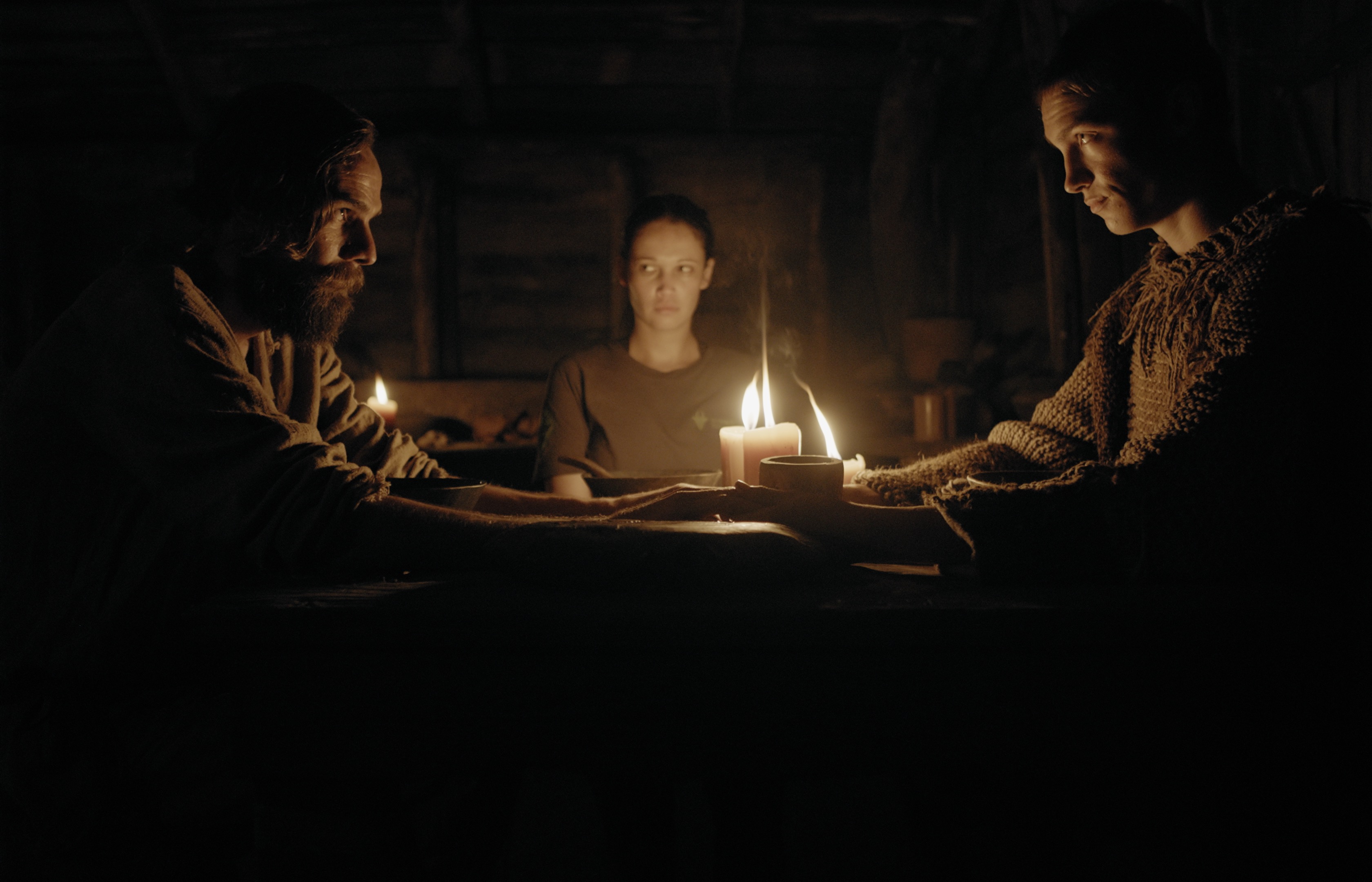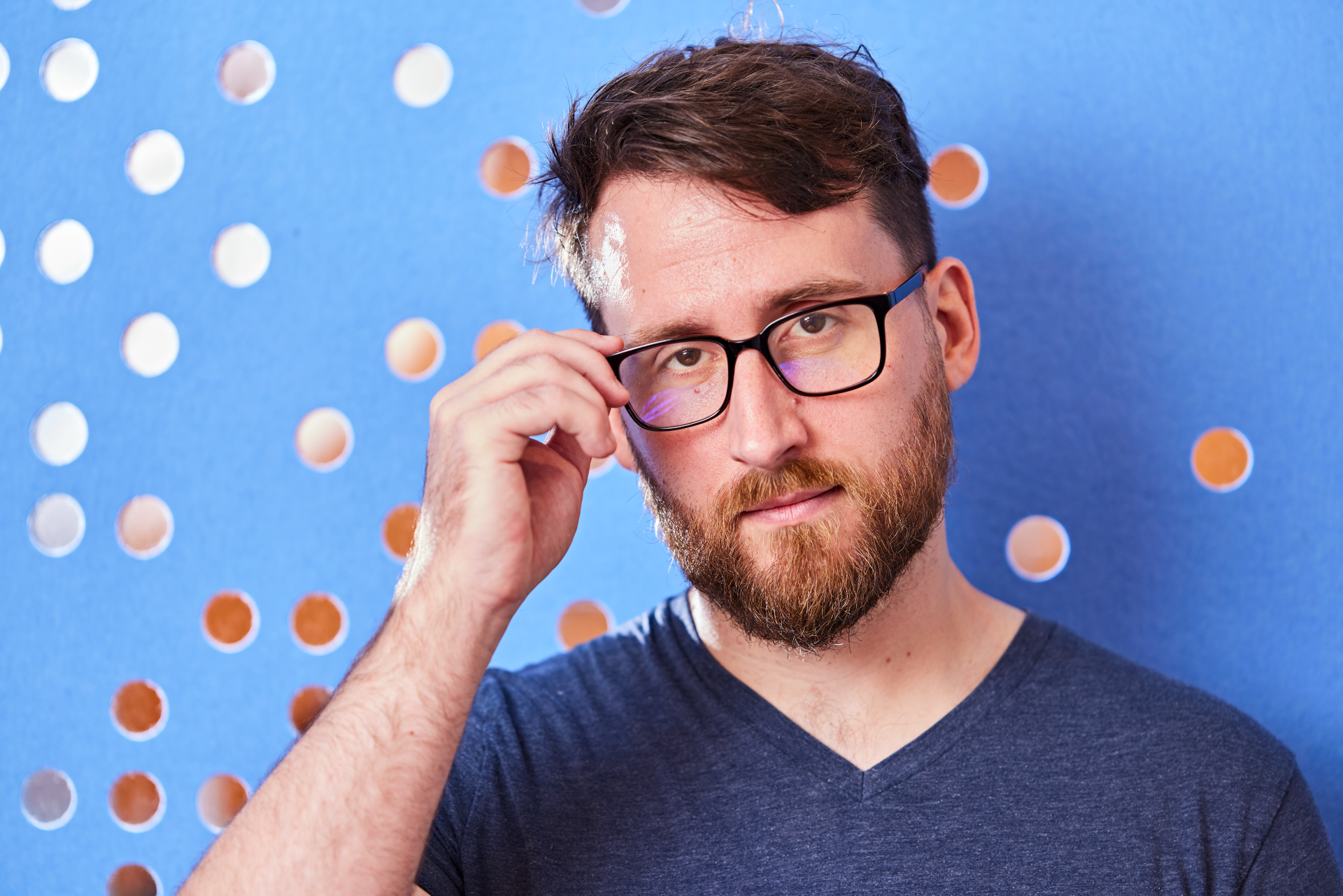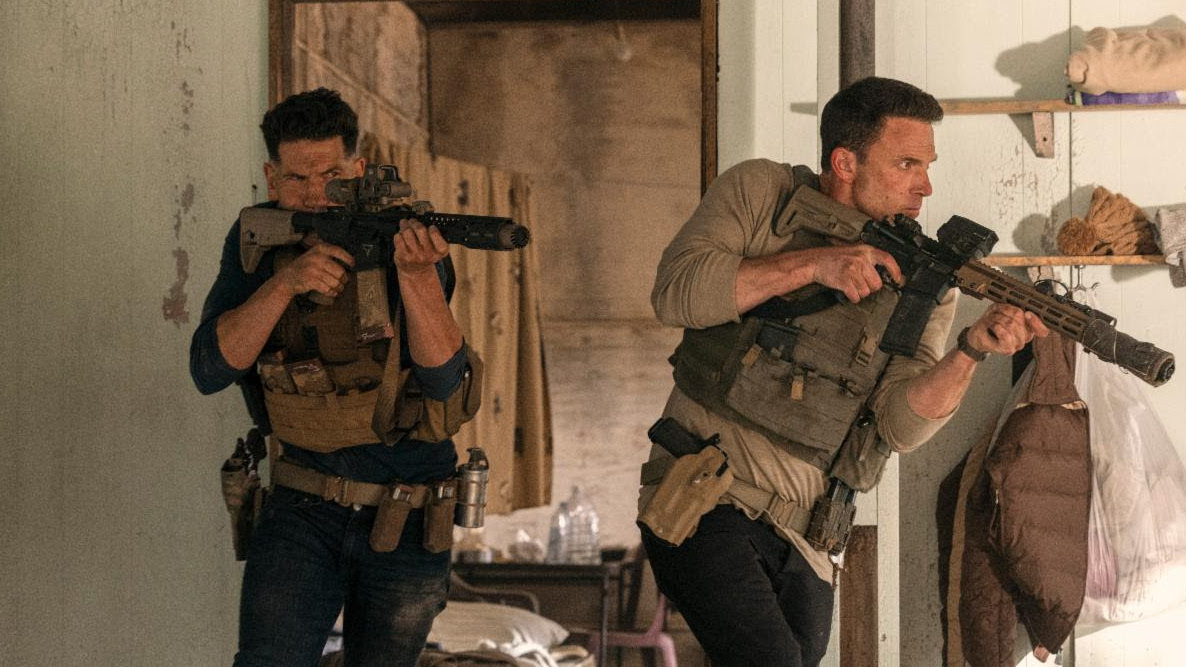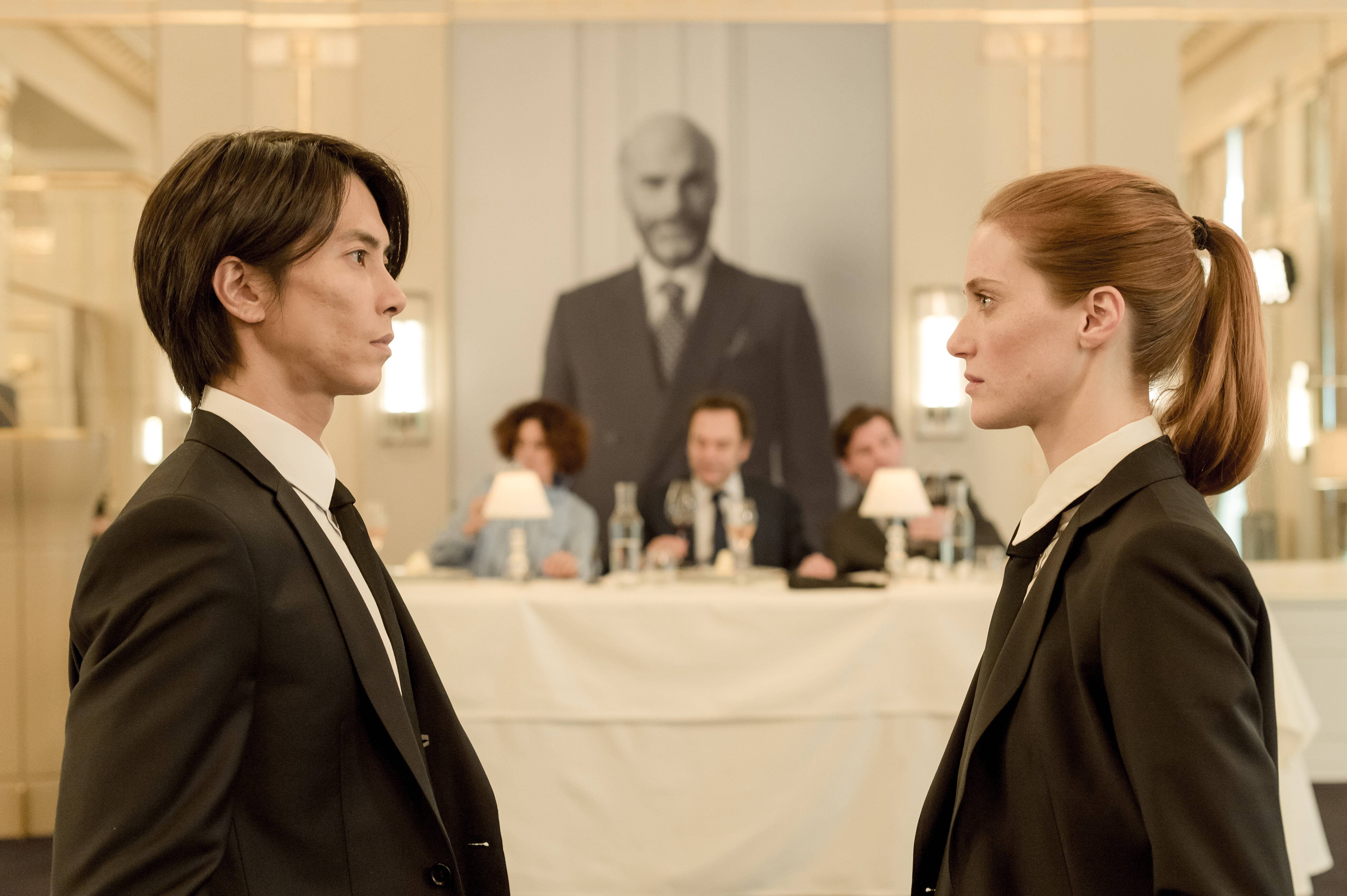What to Watch Verdict
'Gaia' delivers on concept and production design alone, but its inconsistent character work and slapdash approach to Christian mythology prevent it from living up to its potential.
Pros
- +
🍄 The production design and makeup effects are often flawlessly combined.
- +
🍄 How pretty is the Tsitsikamma Forest in South Africa?
- +
🍄 Carel Nel seems to be having a lot of fun as the mad prophet Barend.
Cons
- -
🍄 That's, uh, a lot of dream sequences.
- -
🍄 We need to know more about who these characters were to be moved by what they're becoming.
Gaia is part of our SXSW 2021 coverage. You can find all of our reviews here.
Given the existential threat that climate change presents to humankind, it’s surprising there aren’t more ecological horror films. These movies do exist—mainly when witches are involved—but the looming environmental crisis has yet to find the right vehicle to break through to the mainstream. This suggests the field is wide open for Gaia, the new horror film from South African filmmaker Jaco Bouwer.
Gabi (Monique Rockman) is living her dream. As a park ranger in an unidentified part of South Africa, Gabi is charged with traveling into the forest and replacing the memory cards in several nature cameras scattered across the valley. But on this trip, Gabi finds herself being pursued through the jungle by half-human creatures and bleeding profusely from a wound on her leg. Not to mention the twisting clouds of spores that bear a striking resemblance to human DNA.
It is then that Gabi encounters Barend (Carel Nel) and Stefan (Alex van Dyk), a father-son duo of survivalists who scape out a meager existence among the trees. While treating Gabi’s wounds, Barend explains the incredible things she has seen. God exists as a biological entity connecting all elements of the forest, he explains, and after years of watching us tear nature apart in search of riches, she’s ready to visit her wrath upon all of humankind. And with a few fungi beginning to flower across her person, Gabi might be her next victim.
As the film unfolds, Gabi begins to piece together her understanding of this god through Barend’s teachings and a few spore-fueled dreams. She learns that the jungle is full of mindless fungi-infested humans, creatures that bear a striking resemblance to the zombie of Naughty Dog’s popular The Last of Us franchise. She also learns that Stefan is an innocent young man who grew up in the jungle after his mother’s death and has learned to trust his father’s worth without question.
Despite its fantastical premise, Gaia is rooted in Christian mythology. Tertius Kapp’s script draws inspiration from key characters scattered throughout the Old Testament. Barend even bears a striking resemblance to the prophets found in illustrated bible stories; he keeps a messy beard and tucks his lean figure into flowing robes and a cloth hood. When he speaks, he dedicates his words to doomsday prophecies and an ongoing war between god and humankind. And like Abraham before him, Barend is called upon to prove his faith with the ultimate sacrifice.
In blending mycology with religion, Gaia wants to piggyback its worldbuilding atop Judeo-Christian traditions. When Gabi asks Barend to date his god, he laughs. “She was here long before the apes started dreaming of gods,” he spits, suggesting that his goddess of the earth has helped inform the religious beliefs of our forebears for millennia. But in choosing to marry religious iconography with science fiction elements, Gaia struggles to find a common language between two concepts that prove to be incomplete and incompatible. Rather than elevating each other, these themes undercut the overall potential offered by the story.
Are we meant to believe—as Barend himself seems to imply—that zealotry is the natural result of scientific discovery? Suppose god’s biology mimics that of Pando, the single-root tree system in Utah. How are we to understand the various movements of host and spores alike? In many cases, the film cries out for a deeper understanding of the ecosystem the characters inhabit, only to retreat to the religious symbolism that keeps the script churning. Gaia does not owe us all the answers, but the gap between concept and execution leaves many of the movie’s best ideas unmoored. One does not get the sense that Gaia is working from a particularly comprehensive playbook.
Despite comparisons to Alex Garland’s Annihilation, the better parallel for Gaia might be Randal Kleiser’s The Blue Lagoon. Much like that film, both Gabi and Stefan spend most of their time preoccupied with notions of sex—subliminal or otherwise—adding a dash of Eden to its biblical reference points. Since we know nothing of Gabi before she arrives at the cabin, it is hard to say whether her defensiveness of (and attraction to) Stefan is in keeping with her character. Much like the rest of the film, we are left to take the dream sequences at their face value.
All of these misses make it tough to enjoy the elements Gaia does get right. Cinematographer Jorrie van der Walt captures the forest in all its native beauty, opening the film with a series of breathtaking aerial shots that establish the jungle’s scale (and the upside-down world Gabi is about to enter). Meanwhile, the film gets plenty of mileage from Pierre-Henri Wicomb’s soundtrack, which creates a series of haunting and organic-sounding digital drones. In a movie with so many broken pieces, it’s easy to identify those that manage to stand out.
When it comes time to build out the foundation of your movie, you can do a lot worse as a filmmaker than an incredible setting and a top-tier premise. In the hands of the right actors – performers whose character choices can convey a compelling internal narrative – Gaia might’ve thrived on score and production design alone. But the pieces we are left to judge lacks the cohesion needed to be a complete viewing experience. Gaia will undoubtedly find its audience on premise and ambition alone, but at least on this viewing, it proves to be more miss than hit.
Matthew Monagle is an Austin-based film and culture critic. His work has appeared in a true hodgepodge of regional and national film publications. He is also the editor and co-founder of Certified Forgotten, an independent horror publication.












